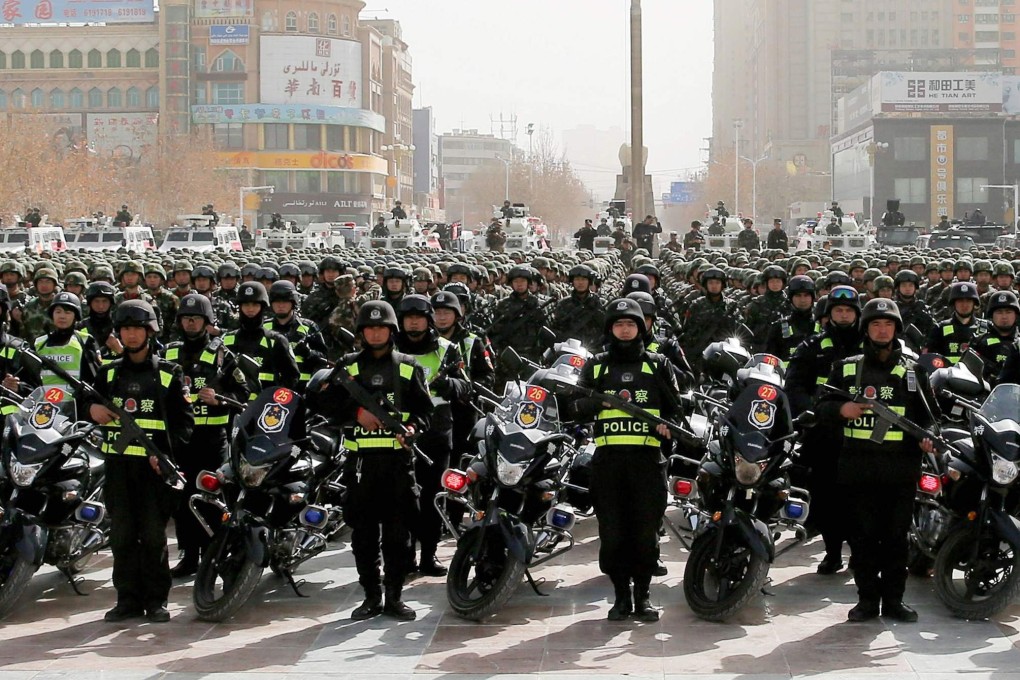Be on alert for external ‘hostile forces’, Chinese security chief warns cadres
- Rising political star Chen Yixin says China needs to strengthen its guard against online-aided threats to public opinion
- Comments come after series of protests in Hong Kong and underline Beijing’s determination to stop the city’s civil society influencing the mainland, observers say

China’s officials and cadres should be vigilant of the increased risk of infiltration by external “hostile forces”, a top Chinese internal security official wrote this week amid Hong Kong’s extradition bill debacle.
“As our country nears the centre of the world stage, imported risks ... are on the rise and have become the biggest uncertainty in domestic security,” wrote Chen Yixin, secretary general of the Central Political and Legal Affairs Commission, the Communist Party’s top body overseeing law enforcement and the judiciary.
“Risks of all sorts are more interconnected, key groups echo each other from afar and jointly plan an impact on society.”
The article was published on Wednesday on the front page of Study Times, a newspaper published three times a week and affiliated with the Central Party School, the party’s top academy.
With the internet transmitting and magnifying threats, Chen said the country needed to strengthen law enforcement’s online propaganda apparatus and regulations to guard against “ideological risks”.